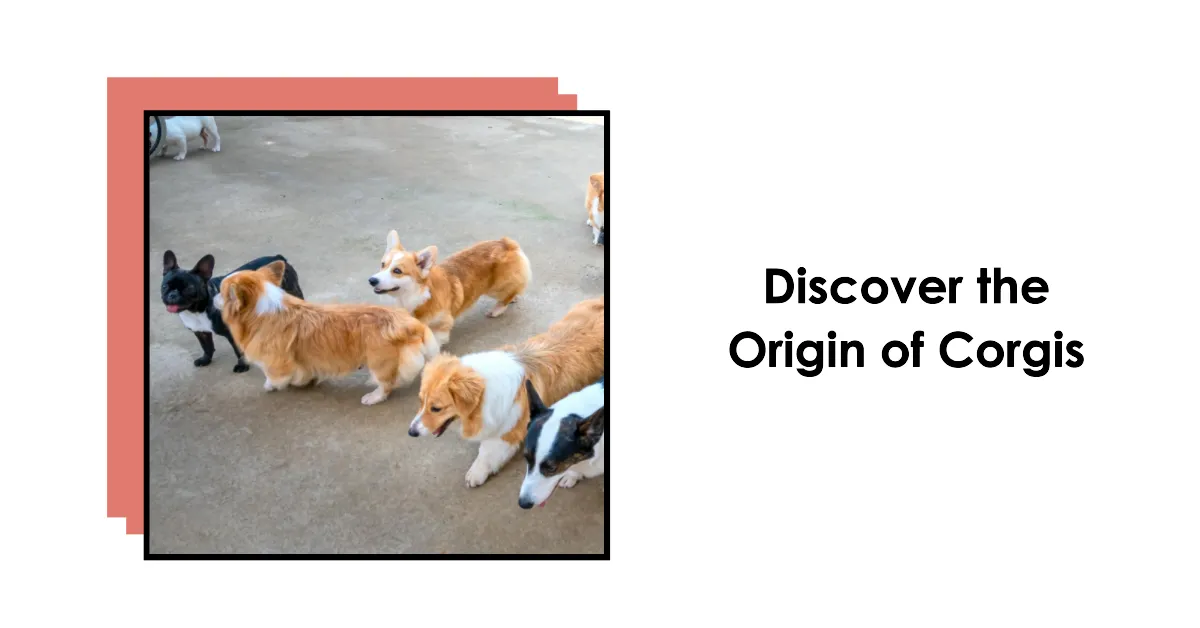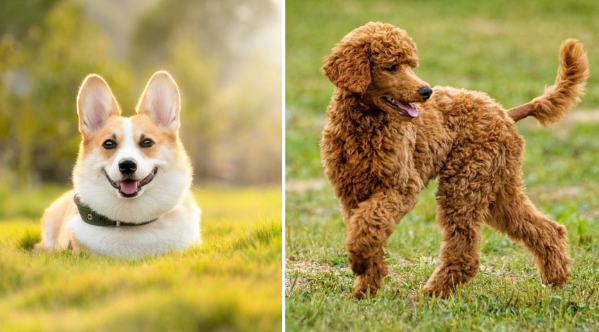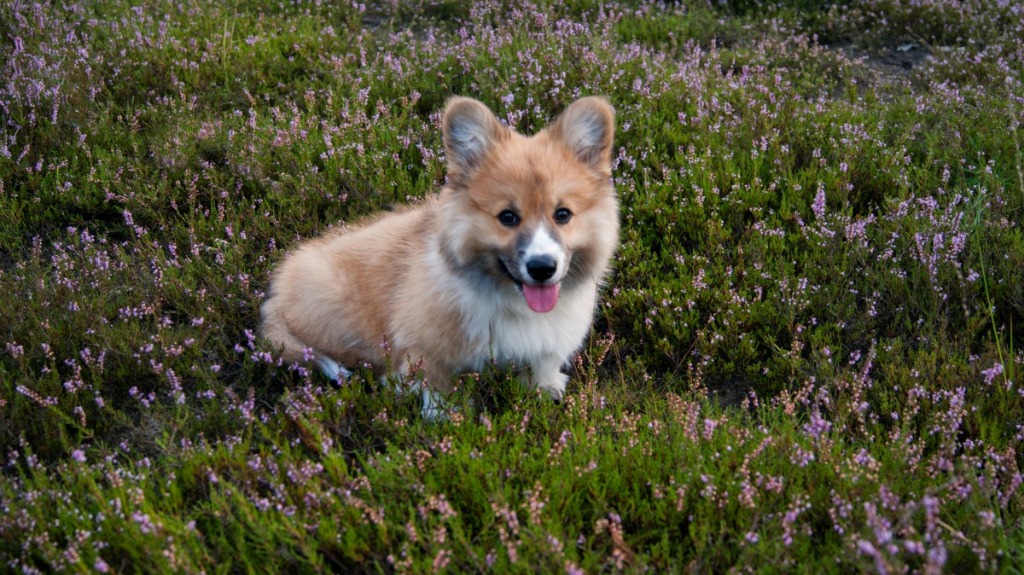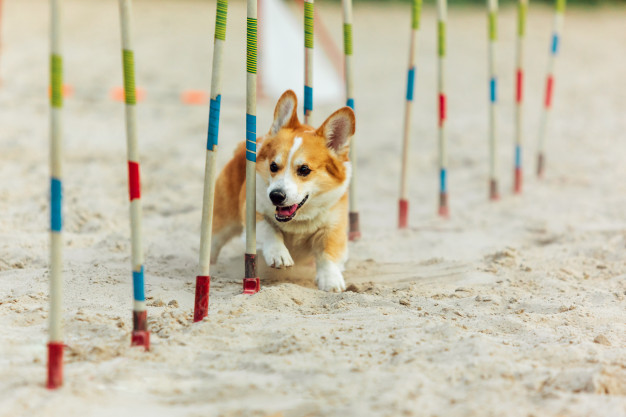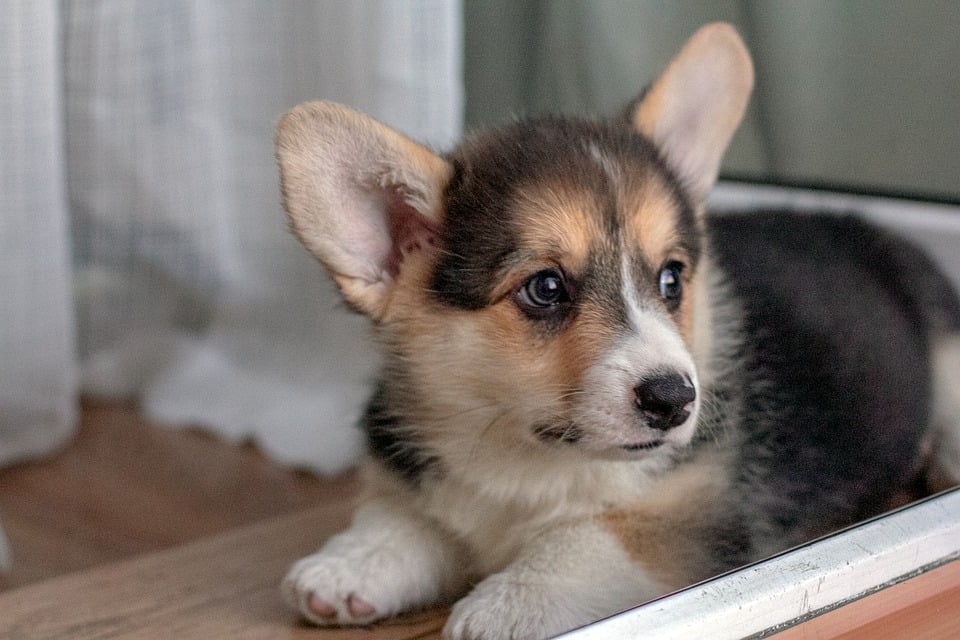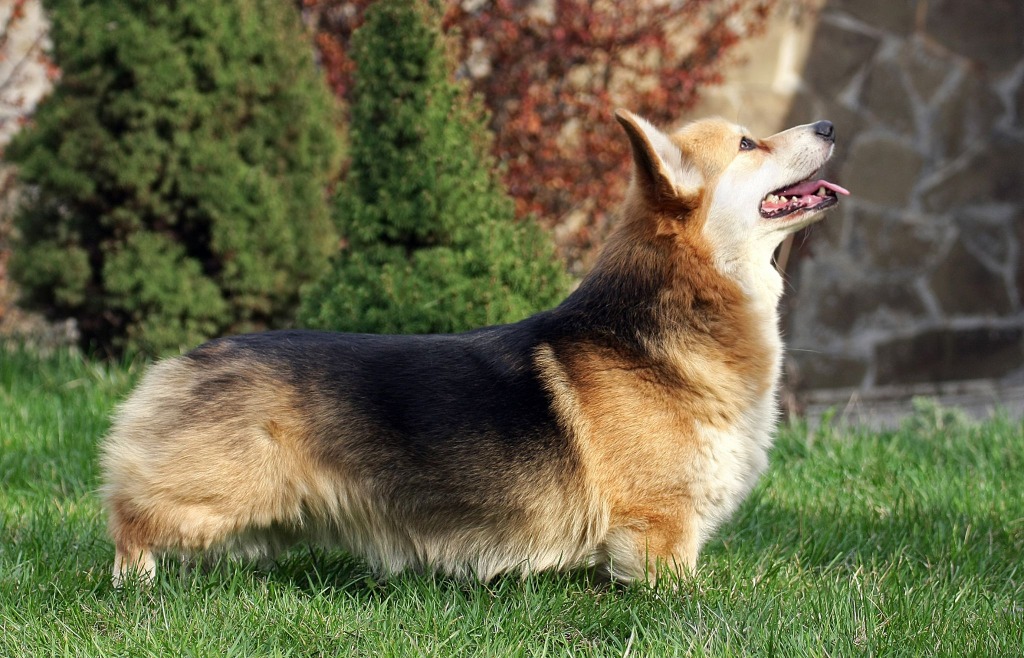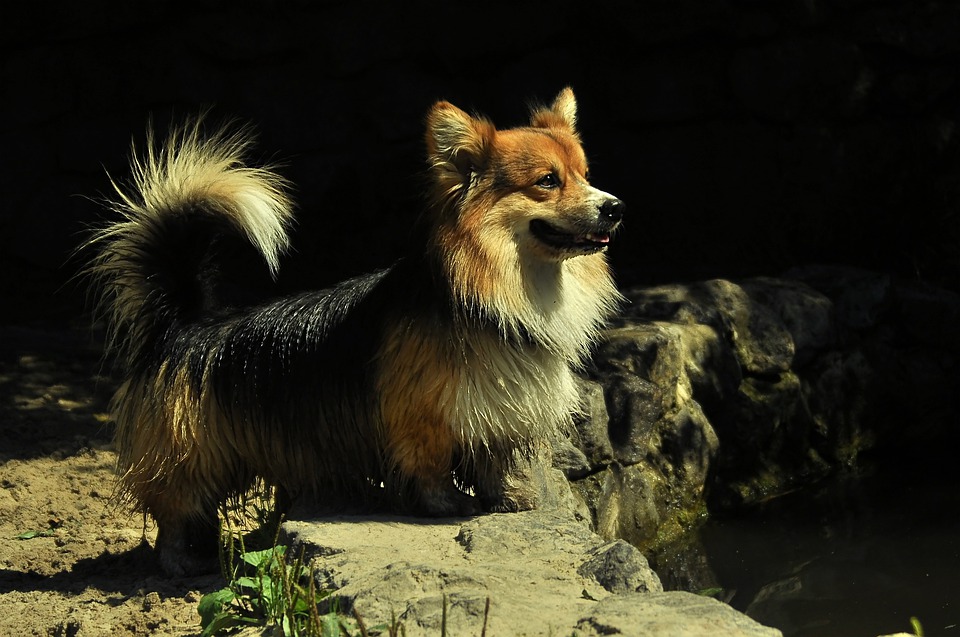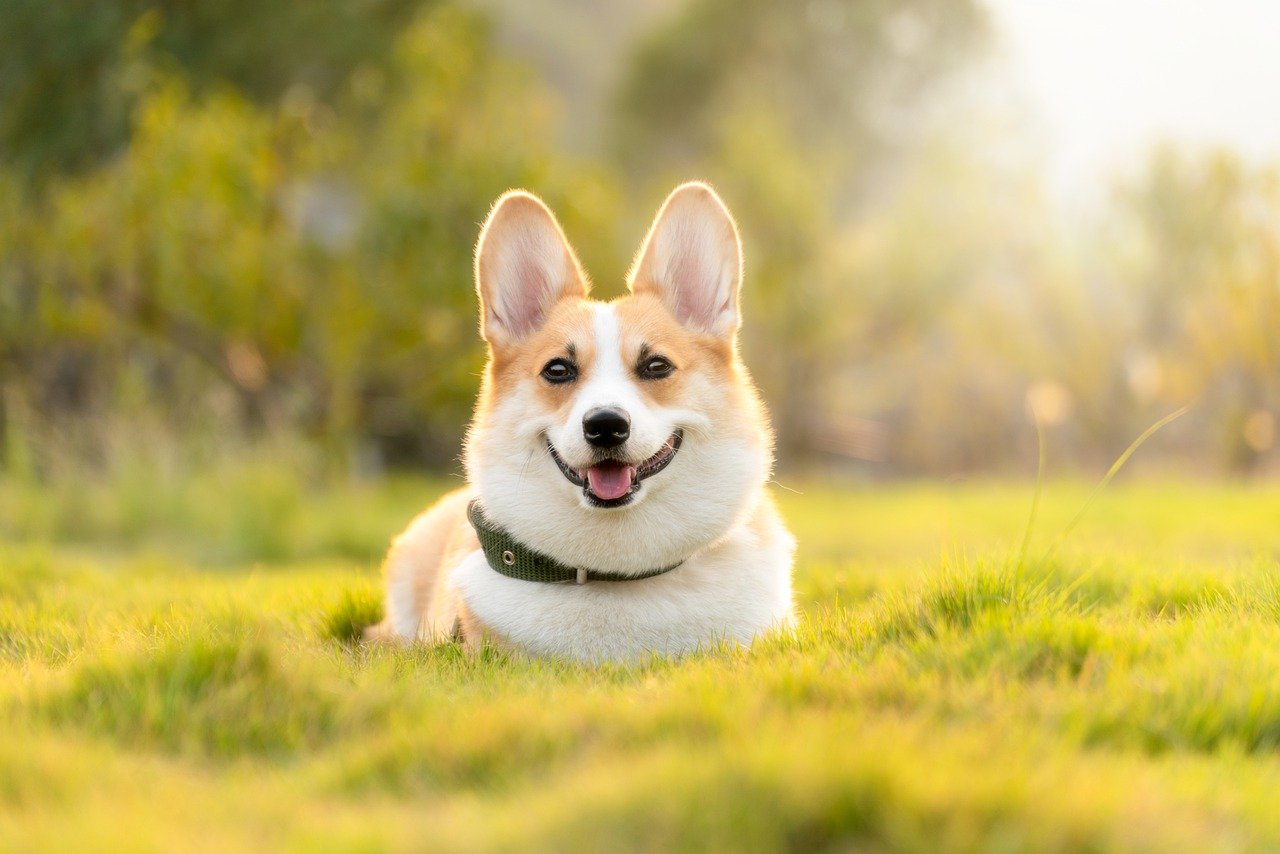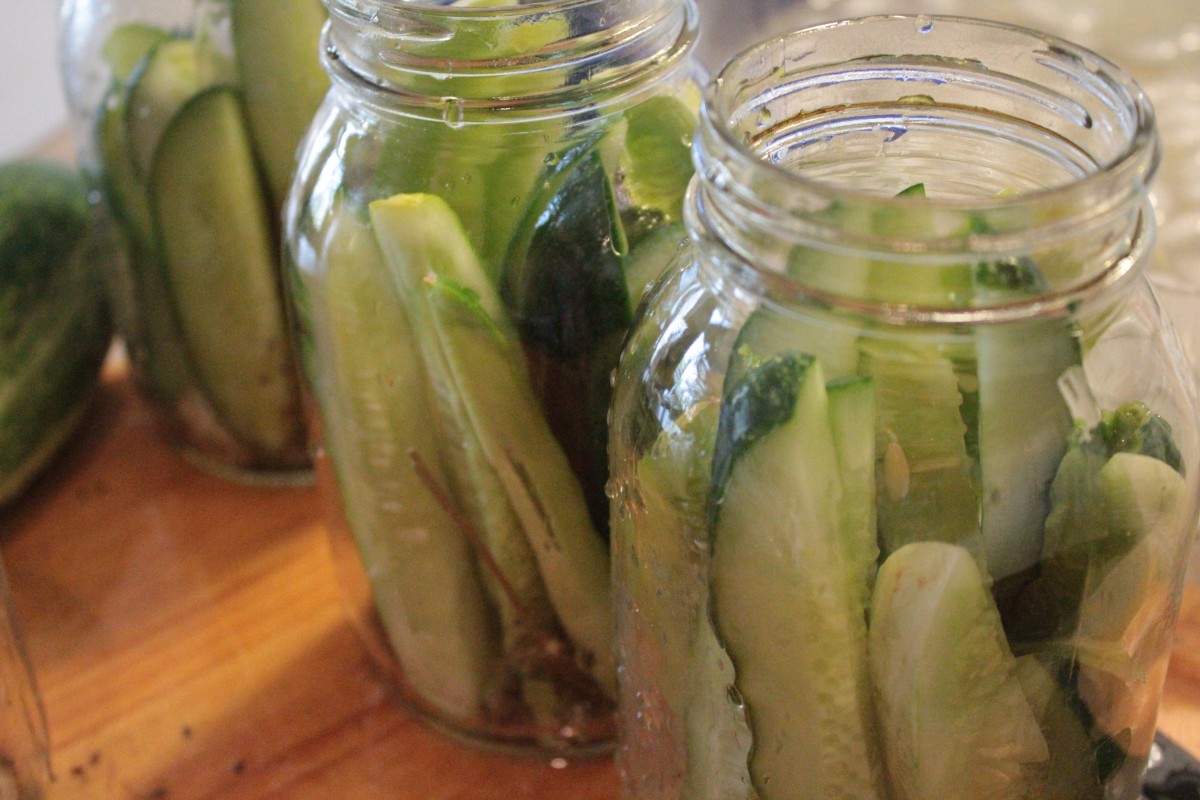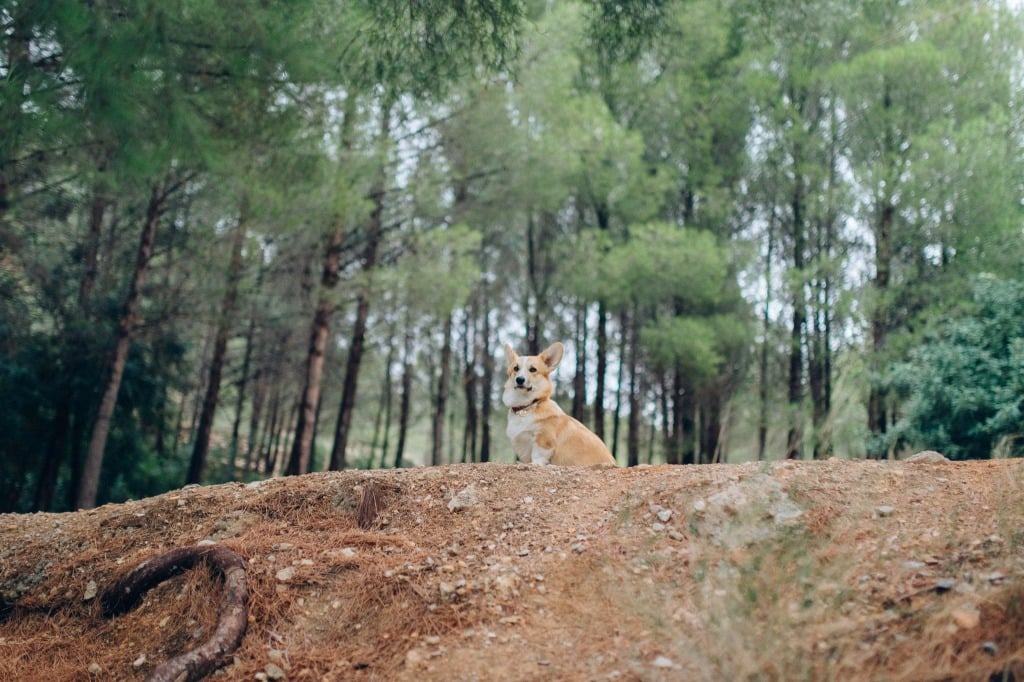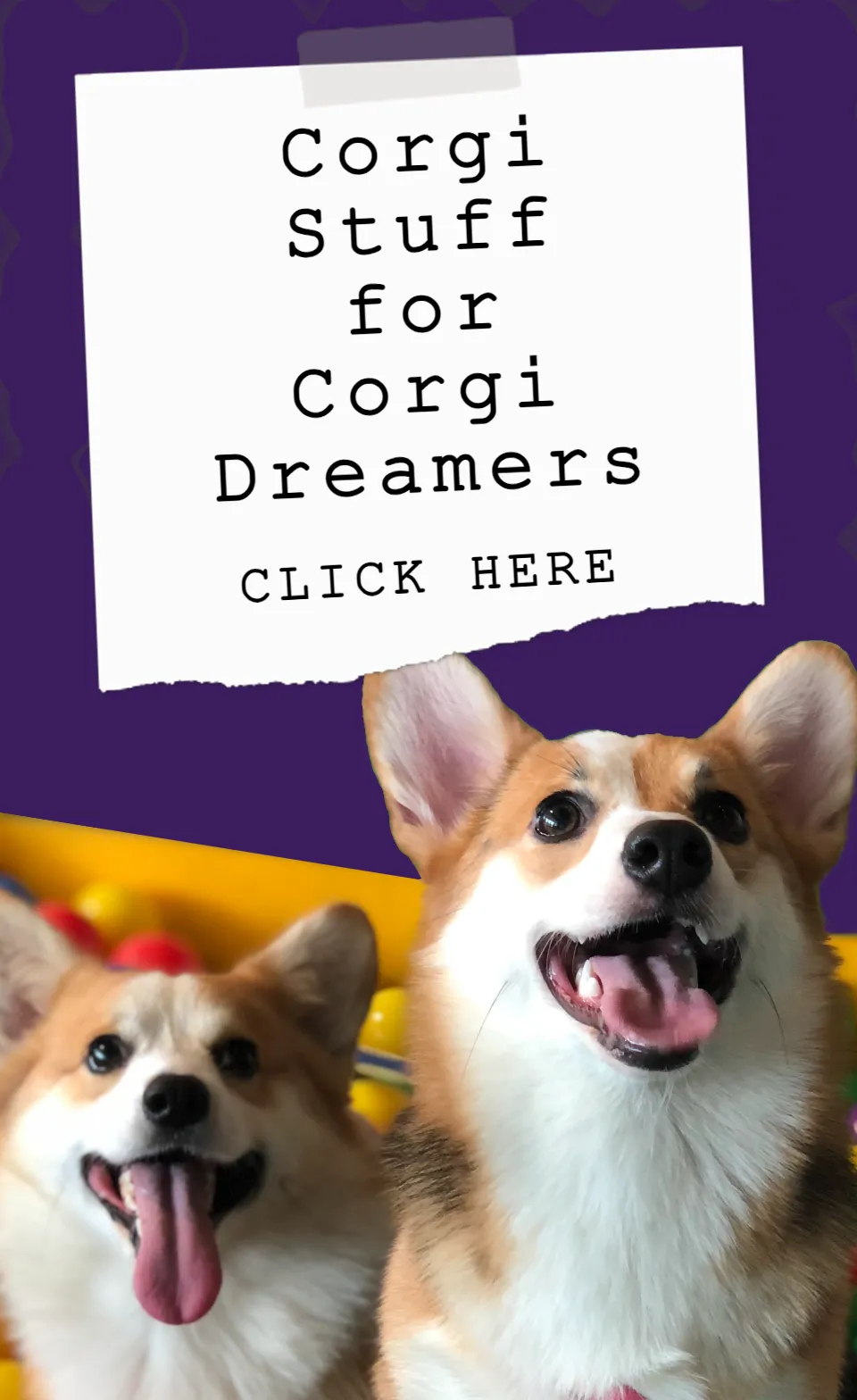Unlocking Your Corgis Full Potential with Positive Reinforcement
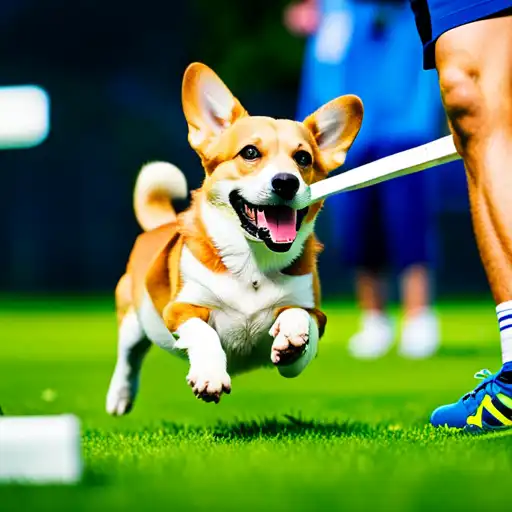
Do you want to unlock your corgi's full potential? Are you ready to unleash their brilliance and train them to be the best they can be? Well, look no further!
With the power of positive reinforcement, you can achieve amazing results and create a strong bond with your furry friend. In this guide, we will explore the secrets to tapping into your corgi's natural abilities and setting clear training goals.
We'll also delve into the importance of establishing a reward system that motivates and encourages good behavior. Along the way, we'll discuss effective techniques for positive reinforcement and how to overcome any challenges that may arise.
So, let's embark on this journey together and celebrate your corgi's successes every step of the way!
The Power of Positive Reinforcement
To truly unlock your Corgi's full potential, you need to harness the power of positive reinforcement. Implementing positive reinforcement in your daily routines is key to creating a well-behaved and happy pup.
Positive reinforcement involves rewarding your Corgi for desired behaviors, such as sitting or staying, with treats, praise, or playtime. This method encourages your Corgi to repeat these behaviors in order to receive the positive reinforcement again.
Consistency is crucial in positive reinforcement training. By consistently rewarding your Corgi for good behavior and ignoring or redirecting undesired behavior, you can effectively communicate what's expected of them. This helps your Corgi understand what behaviors are rewarded and encourages them to continue behaving positively.
Understanding Your Corgi's Natural Abilities
As you continue to harness the power of positive reinforcement with your Corgi, it's important to understand their natural abilities.
Corgis are a breed known for their intelligence, agility, and herding instincts. These natural instincts can play a significant role in their behavior and temperament.
Understanding breed-specific traits is essential for effectively training and interacting with your Corgi. For example, due to their herding instincts, Corgis may have a tendency to nip at the heels of people or other animals. By understanding this trait, you can redirect their behavior in a positive way.
Additionally, Corgis are highly intelligent and thrive on mental stimulation. Engaging their minds through interactive toys and puzzles can help prevent boredom and destructive behaviors.
Setting Clear Training Goals
Harnessing the power of positive reinforcement, you can set clear training goals to unlock your Corgi's full potential. By setting achievable goals and tracking progress, you can ensure that your training sessions are effective and your Corgi is making steady progress.
Here are four tips to help you set clear training goals for your furry friend:
- Be specific: Instead of setting a general goal like 'improve obedience,' break it down into specific behaviors you want your Corgi to learn, such as 'sit,' 'stay,' or 'come when called.'
- Make them achievable: Set goals that are realistic and attainable for your Corgi's age, breed, and abilities. Setting impossible goals will only lead to frustration and demotivation.
- Set a timeline: Establish a timeframe within which you want to achieve each goal. This will give you a sense of structure and help you stay on track.
- Track your progress: Keep a record of your training sessions and monitor your Corgi's progress. This will allow you to identify areas that need improvement and adjust your training methods accordingly.
Remember, setting clear training goals and tracking progress is key to unlocking your Corgi's full potential. Stay consistent, be patient, and celebrate each milestone along the way.
Happy training!
Establishing a Reward System
Now that you've set clear training goals for your precious Corgi, it's time to establish a reward system that will motivate and reinforce their good behaviors.
Effective training techniques rely on positive reinforcement, which means rewarding your furry friend for exhibiting the desired behaviors. By using rewards such as treats, praise, and playtime, you can create a positive association and encourage your Corgi to continue practicing these good habits.
Effective Training Techniques
To effectively train your Corgi, consistently reinforce desired behaviors with rewards. Positive reinforcement is one of the most effective training methods for dogs, including Corgis. By associating good behavior with rewards, you can motivate your Corgi to repeat those behaviors.
Here are four behavior modification techniques that can help establish a reward system for your furry companion:
- Clicker Training: Use a clicker to mark desired behaviors and follow it with a treat or praise. The sound of the clicker becomes a signal that your Corgi has done something right.
- Treats and Toys: Use small, tasty treats or favorite toys as rewards for good behavior. Make sure to use high-value rewards that your Corgi finds irresistible.
- Verbal Praise: Along with treats or toys, provide verbal praise such as 'Good boy!' or 'Well done!' This positive reinforcement helps your Corgi associate good behavior with your approval.
- Consistency: Be consistent in your reward system. Reward your Corgi immediately after they demonstrate the desired behavior to reinforce the association between the behavior and the reward.
Motivating Desired Behaviors
Start by consistently reinforcing desired behaviors with rewards to establish a reward system that motivates your Corgi to exhibit the behaviors you want. Building motivation and shaping behaviors are crucial when it comes to training your furry friend.
Positive reinforcement is a powerful tool that helps your Corgi understand what you expect from them. When they display the desired behavior, immediately reward them with treats, praise, or playtime. This positive association will encourage them to repeat the behavior in the future.
Make sure to be consistent with your rewards and only give them when your Corgi performs the desired action. Remember, the key to an effective reward system is finding out what motivates your Corgi the most. It could be treats, toys, or even belly rubs. Experiment and see what works best for your furry companion.
Reinforcing Good Habits
Consistently reinforcing desired behaviors with rewards is essential for establishing a strong reward system that motivates your Corgi to develop good habits. By building consistency in your training approach, you can effectively reinforce positive behaviors and discourage unwanted ones.
Here are four key steps to help you establish a reward system that works:
- Define clear expectations: Clearly communicate the behaviors you want to reinforce with your Corgi. This will help them understand what's expected of them and what'll be rewarded.
- Use high-value rewards: Find out what motivates your Corgi the most, whether it's treats, praise, or playtime. Use these rewards consistently to reinforce good habits.
- Timing is everything: Deliver the reward immediately after your Corgi exhibits the desired behavior. This will help them associate the behavior with the reward.
- Consistency is key: Be consistent in your training approach and reward system. This will help your Corgi understand what's expected of them and reinforce good habits over time.
By following these steps, you can establish a reward system that encourages your Corgi to develop good habits while minimizing the reinforcement of unwanted behaviors.
Happy training!
Effective Techniques for Positive Reinforcement
One effective technique for positive reinforcement is using rewards to reinforce desired behaviors in your Corgi. When you reward your furry friend for exhibiting the behaviors you want to encourage, you're fostering confidence and building trust. Positive reinforcement works wonders because it creates a positive association between the behavior and the reward, making your Corgi more likely to repeat the desired behavior in the future.
To effectively use rewards as positive reinforcement, choose something that your Corgi finds motivating, such as treats, praise, or playtime. Make sure to deliver the reward immediately after your Corgi exhibits the desired behavior, so they understand what they're being rewarded for. Consistency is key, so be sure to reward your Corgi every time they exhibit the desired behavior, at least in the beginning stages.
With time and practice, your Corgi will understand what's expected of them and will be motivated to continue behaving positively.
Overcoming Challenges and Pitfalls
So, you've been working hard to unlock your Corgi's full potential with positive reinforcement, but you've hit a few roadblocks along the way. Don't worry, it happens to the best of us!
One of the most common training mistakes is inconsistency, so make sure to stay committed and consistent in your training efforts.
Building resilience and persistence in both you and your Corgi is also key to overcoming challenges, as is developing effective problem-solving techniques.
Let's dive into these points and find out how to tackle those challenges head-on!
Common Training Mistakes
To maximize your Corgi's progress in training, it's crucial to address and overcome common training mistakes and pitfalls. Here are four key areas to focus on:
- Avoiding punishment: Punishing your Corgi for mistakes can do more harm than good. Instead, focus on positive reinforcement by rewarding good behavior with treats, praise, and playtime. This will create a positive association with training and motivate your Corgi to learn and obey.
- Importance of consistency: Consistency is key when training your Corgi. Be clear and consistent with your commands, rewards, and expectations. Set a routine for training sessions and stick to it. This will help your Corgi understand what's expected of them and reinforce desired behaviors.
- Patience and persistence: Training takes time and effort. Don't get discouraged if progress is slow. Stay patient and persistent, and celebrate small victories along the way. Remember, every small step forward is a step closer to unlocking your Corgi's full potential.
- Avoiding distractions: Training in a quiet and controlled environment initially can help your Corgi focus and learn more effectively. Gradually introduce distractions, such as other people or pets, to help your Corgi generalize their training to real-life situations.
By avoiding punishment, maintaining consistency, being patient and persistent, and minimizing distractions, you can overcome common training mistakes and pitfalls, and unlock your Corgi's full potential.
Happy training!
Building Resilience and Persistence
Overcoming challenges and pitfalls in training your Corgi requires a determined mindset and consistent effort. Building resilience and fostering perseverance are essential for success. Training your Corgi may not always be smooth sailing, but with the right approach, you can overcome any obstacles that come your way.
One way to build resilience in your Corgi is to gradually expose them to new experiences. Start with small challenges and gradually increase the difficulty level. This will help them develop confidence and the ability to adapt to different situations.
Persistence is key when it comes to training your Corgi. Consistency in your training methods and routines will help them understand what's expected of them. Remember to reward their progress and celebrate their achievements along the way.
It's important to remember that training your Corgi takes time and patience. There will be setbacks and moments of frustration, but by staying determined and consistent, you can overcome any challenges that arise. So, keep building resilience and fostering perseverance, and watch your Corgi reach their full potential.
Effective Problem-Solving Techniques
You can effectively overcome challenges and pitfalls in training your Corgi by consistently practicing problem-solving techniques. Here are four problem-solving strategies that can help you navigate any roadblocks you may encounter:
- Creative Thinking: When faced with a challenge, think outside the box. Instead of getting frustrated, try approaching the problem from a different angle. For example, if your Corgi is having trouble learning a new trick, break it down into smaller steps or use a different training method.
- Positive Reinforcement: Focus on rewarding your Corgi for the behaviors you want to encourage. By using treats, praise, and affection, you can motivate your furry friend to overcome obstacles and stay engaged in the training process.
- Consistency: Consistency is key in problem-solving. Make sure you're using the same commands, cues, and reinforcement methods every time you train your Corgi. This will help your dog understand what's expected of them and make it easier for them to succeed.
- Patience: Problem-solving takes time, so be patient with yourself and your Corgi. Rome wasn't built in a day, and neither is a well-trained dog. Remember to celebrate small victories along the way and stay committed to the process.
Celebrating Your Corgi's Successes
When your Corgi achieves a training milestone, it's important to celebrate their successes. Recognizing small victories is crucial for their growth and motivation. Whether it's mastering a new command or overcoming a fear, every step forward deserves acknowledgement.
One way to do this is by creating a success journal. Documenting your Corgi's achievements not only allows you to keep track of their progress but also serves as a reminder of how far they've come. Include details such as the date, the specific milestone, and any challenges they overcame.
This journal can serve as a source of encouragement during tougher training sessions and provide a sense of accomplishment for both you and your Corgi. By celebrating their successes, you're reinforcing positive behavior and creating a bond built on trust and mutual success.
Frequently Asked Questions
How Long Does It Typically Take to See Results From Positive Reinforcement Training?
You'll be amazed at how quickly you'll start seeing results with positive reinforcement training. It's incredibly effective and can make a big difference in unlocking your corgi's full potential. Stick with it, and you'll be rewarded!
Can Positive Reinforcement Be Used to Correct Behavioral Issues in Older Corgis?
Yes, positive reinforcement can be used to correct behavioral issues in older corgis. By using positive reinforcement for obedience training and addressing leash pulling, you can unlock your corgi's full potential and promote safer behavior.
Are There Any Specific Types of Treats or Rewards That Work Best for Corgis During Training?
When training your corgi, it's important to use treats or rewards that they find especially enticing. Experiment with different types, like small pieces of chicken or cheese, to discover what motivates them most.
What Should I Do if My Corgi Seems to Be Losing Interest or Becoming Resistant to the Positive Reinforcement Training?
If your corgi seems bored or uninterested during positive reinforcement training, it's important to revive their motivation. Try changing up the training techniques, using new toys or treats, and keeping the sessions short and fun.
Is It Necessary to Attend Formal Training Classes or Can Positive Reinforcement Be Done at Home?
You don't have to attend formal training classes to use positive reinforcement at home. There are pros and cons to both options. At home, you can use effective techniques like treats and praise to motivate your corgi.

